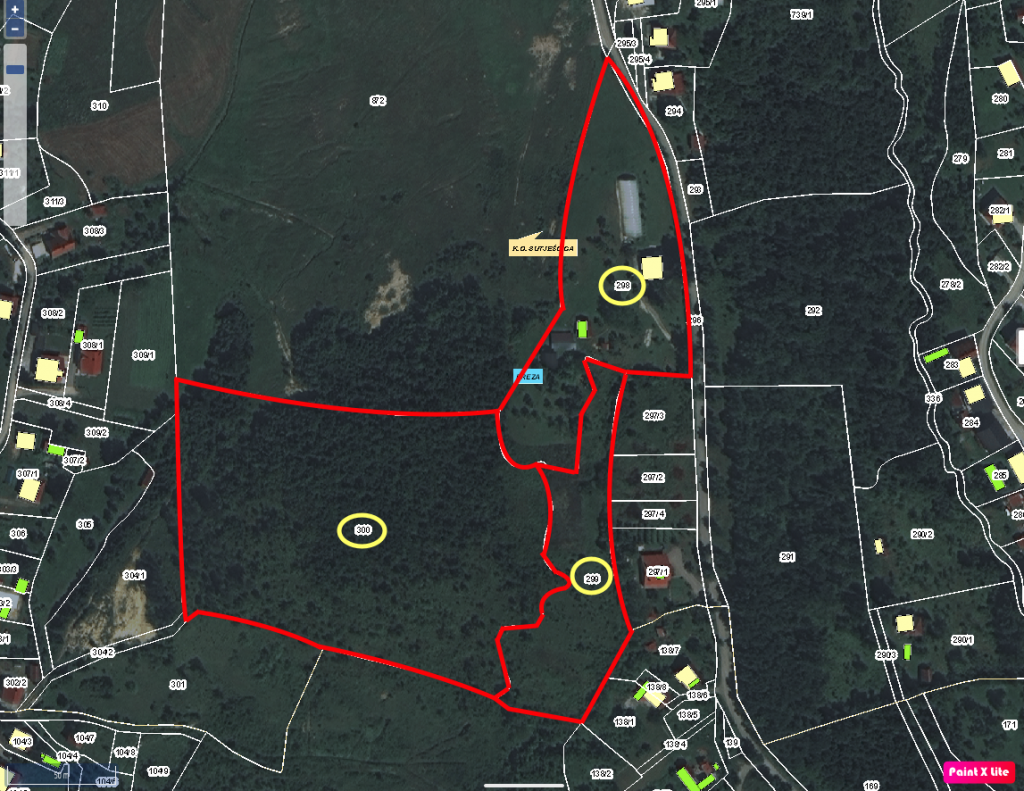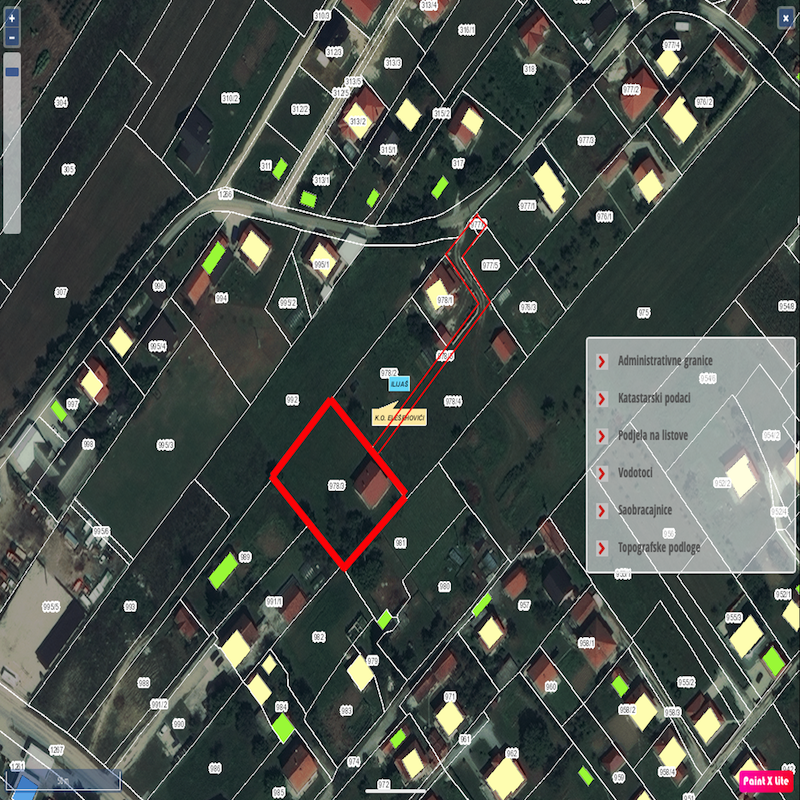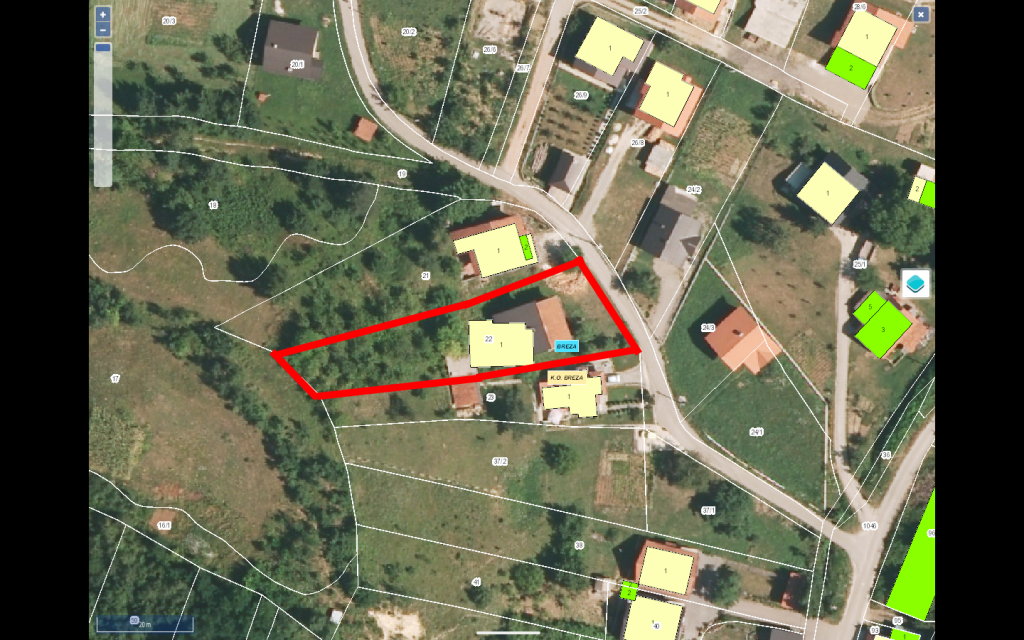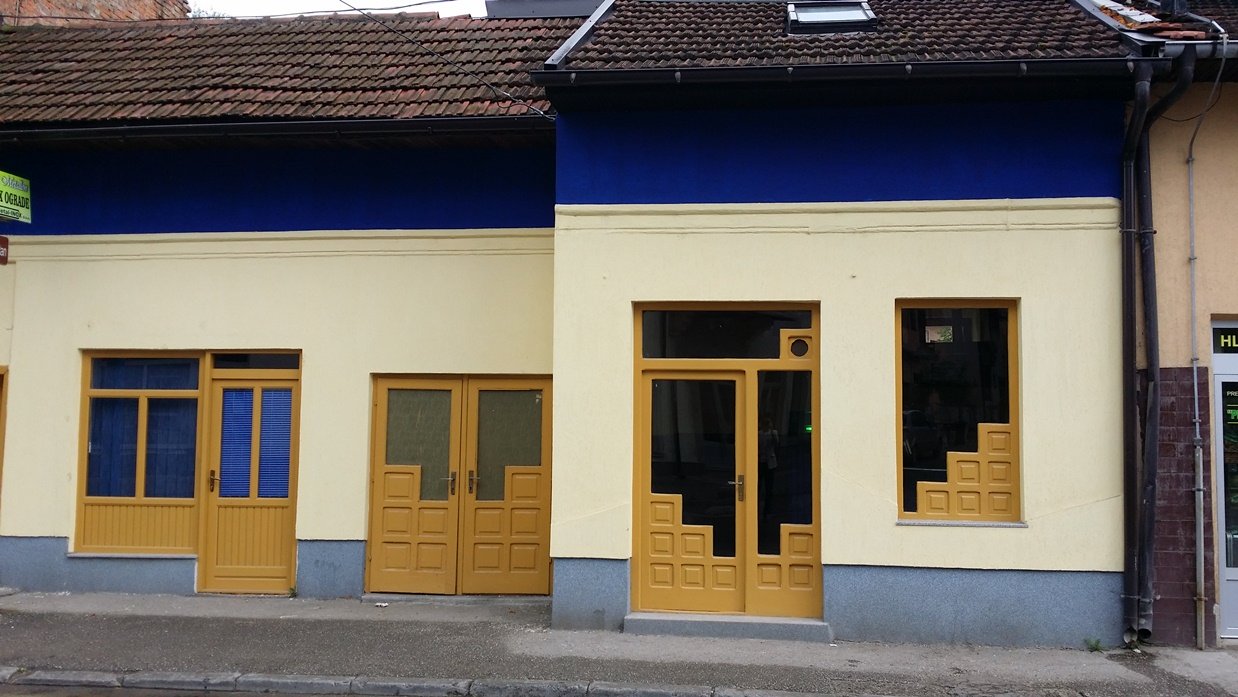Content
Ketoacidosis is caused by complete or near-complete lack of insulin and by excessive glucagon levels. Among their many functions, insulin and glucagon regulate the conversion of fat molecules (i.e., fatty acids) into larger molecules (i.e., triglycerides), which are stored in the fat tissue. In the absence of insulin, the triglycerides are broken down into free fatty acids, which are secreted into the bloodstream and delivered to the liver. The liver normally re-incorporates free fatty acids into triglycerides, which are then packaged and secreted as part of a group of particles called very low-density lipoproteins (VLDL).
Can you black out from low blood sugar?
If your blood sugar level drops very low (usually below 2.8 mmol/L), you may pass out (lose consciousness) or be unable to swallow. Or you may have a seizure or stroke. If you have symptoms of severe low blood sugar, you need to get medical care right away.
“A lot of people can drink alcohol all day long and still function, but his blood sugar was constantly 50 mg/dL. His liver wasn’t able to store glucose the way it should because it was constantly processing the alcohol he was consuming,” she explains. The result can include moderate-to-severe hypoglycemia https://stylevanity.com/2023/07/top-5-questions-to-ask-yourself-when-choosing-sober-house.html (low blood sugar), likely while you’re still intoxicated and possibly unconscious or unaware of your blood sugar, putting you at risk of seizure and death. There’s nothing wrong with having a few drinks with friends if you can do it with impunity, but there’s a lot wrong with overdoing it.
Mental Health Disorders
But as you continue to drink, you become drowsy and have less control over your actions. Alcohol use disorder can include periods of being drunk (alcohol intoxication) and symptoms of withdrawal. Moderate drinking is defined as only one drink per day for women and two per day for men. Scientists examined seven European cohort studies from the U.K., France, Sweden, and Finland to include 131,415 people. Complicating her relationship with alcohol further, Burns was sexually assaulted by a stranger just 3 months before her diabetes diagnosis.
Blackouts involve complete memory loss caused by your brain’s inability to record new memories for a period of time due to the effects of excessive alcohol, substance misuse or some other condition. Importance
Evidence on alcohol consumption as a risk factor for dementia usually relates to overall consumption. Too much alcohol affects your speech, muscle coordination and vital centers of your brain.
Characteristics of Patients Reporting Problematic Drinking Behavior
“You fall asleep on the couch, haven’t eaten a full supper, and forget to take your long-acting insulin,” which increases your risk of severe high blood sugar levels and diabetic ketoacidosis by morning, she says. If someone plans to consume alcohol, they should eat enough food beforehand, as alcohol intake can impair blood sugar for several hours. Doctors recommend ensuring carbohydrate intake before and while drinking to maintain blood sugar levels in the target range. Severe hypoglycemia occurs when someone has very low blood glucose levels. Therefore, it is important to seek immediate medical attention to confirm this diagnosis and receive appropriate treatment. However, problems arise if the liver must choose between balancing blood sugar and detoxification because it cannot perform these actions simultaneously.
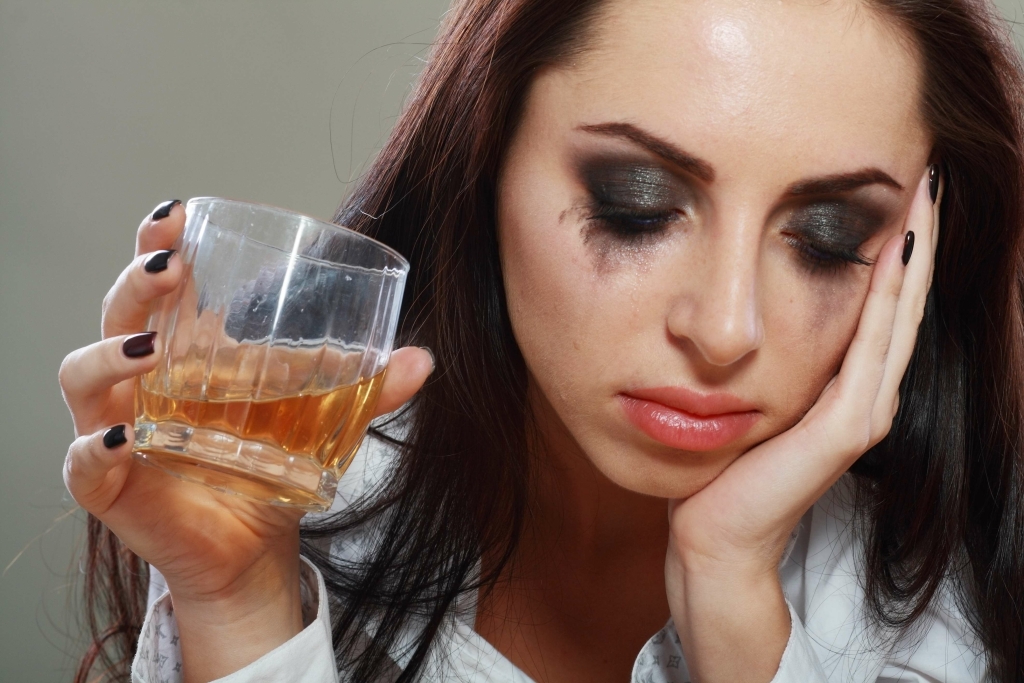
Please include what you were doing when this page came up and the Cloudflare Ray ID found at the bottom of this page. This website is using a security service to protect itself from online attacks. There are several actions that could trigger this block including submitting a certain word or phrase, a SQL command or malformed data.
How does drinking yourself unconscious affect the brain?
Traditional masculine norms may contribute to lower help-seeking behavior in men compared to women (28), but there is too much uncertainty whether this association exists in women in the first place. Men and women differed significantly in terms of self-reported alcohol consumption with men consistently reporting higher and more frequent alcohol intake compared to women. Such a pattern may be expected as men on average drink more than women (10). Men and women also differ in terms of alcohol pharmacokinetics (11). In this analysis, we did not differentiate between predictors and outcomes of problematic drinking and we did not adjust for any confounders except for sex for which we ran the analyses separately.
Is beer OK for diabetics?
While ideally alcohol would be avoided or enjoyed only occasionally, you may be able to drink regularly when you have diabetes as long as you do so in moderation. That's a limit of one to two 12-ounce beer(s) per day.
Screening tests for alcohol problems in older people should check for possible medical problems or medications that might place them at higher risk for drinking than younger individuals. Diabulimia, officially referred to as ED-DMT1, is an eating disorder in people with T1D characterized by intentionally withholding insulin, resulting in severely high blood sugar levels and tremendous risk of coma and death. Heavy drinking can also cause alcohol-induced hypertriglyceridemia, a condition that can lead to cardiovascular disease. Moderate drinking can increase the risk of peripheral neuropathy, a disorder related to nerve damage that can cause weakness, numbness and pain. According to a report published by the National Institute on Alcohol Abuse and Alcoholism, consuming two to four drinks per day can affect diabetic blood sugar levels.
Alcohol and Diabetes
The effect RYGB has on alcohol absorption also complicates alcohol history taking and case detection for clinicians in the bariatric follow-up programs. Results
A lifetime history of blackouts was reported by 39.3% of women and 52.4%
of men; 11.4% of women and 20.9% of men reported having had 3 or more blackouts
in a year. The heritability of lifetime blackouts was 52.5% and that of having
had 3 or more blackouts in a year was 57.8%.
- Overdose can be dangerous, causing low blood pressure, chest pain, shortness of breath, and even death.
- Other researchers observed that the prevalence of neuropathy in type 1 diabetics increased in a linear fashion with the alcohol amount consumed (Mitchell and Vinik 1987).
- Being aware of potential signs of intoxication can also be helpful in understanding your limitations.

